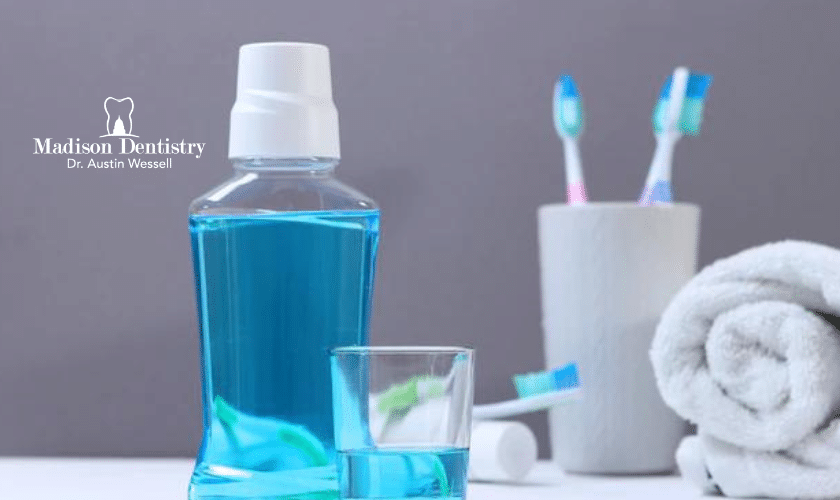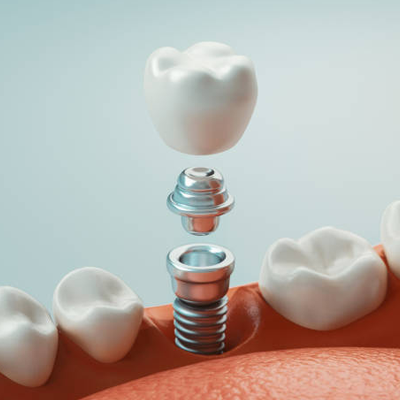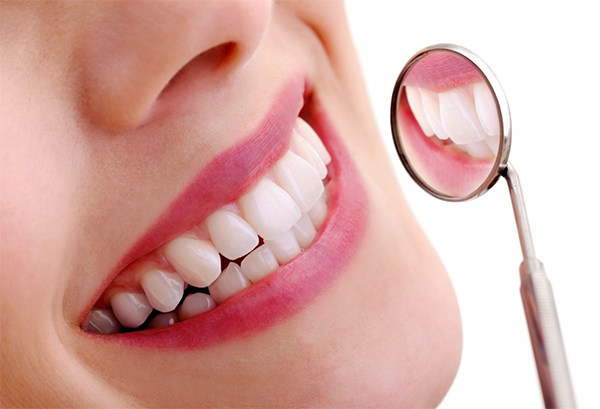
Fluoride is a mineral that is found in many foods and water supplies. It is also added to some toothpaste and mouth rinses. Fluoride helps prevent tooth decay by making the teeth more resistant to acids that cause cavities. It also helps repair the early stages of tooth decay before they become visible.
Fluoride occurs naturally in all water sources, including the ocean. Fluoride levels can vary depending on the source of the water. The amount of fluoride that is added to water supplies is regulated by the government to ensure that it is safe for human consumption.
Most people get the recommended amount of fluoride from drinking fluoridated water. However, some people may not get enough fluoride from their diet and may need supplements. Speak with your dentist or doctor if you think you may need a fluoride supplement.
Fluoride is safe for most people when used as directed. However, too much fluoride can lead to fluorosis, which causes white spots on the teeth. It is important to follow the directions on toothpaste and mouthrinse labels and not swallow them. Children under six years old should use a pea-sized amount of toothpaste and should be supervised while brushing to ensure they do not swallow it.
How Does Fluoride Help Your Teeth?
Fluoride is a mineral that is found in many foods and water sources. It is also added to some toothpaste and mouthwash. Fluoride helps prevent tooth decay by strengthening the tooth enamel, making it more resistant to acid attacks from plaque bacteria and sugars in the mouth. It can also reverse early signs of tooth decay. Fluoride occurs naturally in all water sources, but the level varies depending on where you live. Typically, communities add fluoride to their public water supply to help improve dental health for everyone.
Sources of Fluoride
Fluoride is a mineral that is found in many sources, both natural and man-made. In its natural form, fluoride can be found in rocks and soil and water sources such as rivers and lakes. Fluoride can also be found in some foods and beverages, such as tea and fish.
Man-made sources of fluoride include fluoridated water and dental products such as toothpaste and mouthwash. Fluoride is also added to some salt products.
Fluoride is beneficial for teeth because it helps to prevent cavities and tooth decay. When fluoride is present in the mouth, it forms a protective barrier on the teeth that helps to keep them strong and healthy.
Dangers of Fluoride Overdose
Fluoride is a naturally occurring element that is found in many drinking water sources. It is also added to many toothpastes and mouthwashes. Fluoride helps to prevent tooth decay by strengthening the enamel on your teeth. While fluoride is safe and effective when used as directed, it can be dangerous if you ingest too much.
Fluoride overdose symptoms include nausea, vomiting, diarrhoea, abdominal pain, headaches, and dizziness. In severe cases, fluoride poisoning can lead to seizures, coma, and even death. Call poison control immediately if you think you or someone you know has ingested too much fluoride.
To prevent fluoride overdose, follow the directions on toothpaste and mouthwash labels. Do not swallow toothpaste or mouthwash; Spit it out after brushing or rinsing your mouth. If you have young children, supervise them while brushing their teeth to ensure they do not swallow the toothpaste.
Benefits of Using Fluoride for Dental Health
Fluoride is a naturally occurring element that is found in many places, including the earth’s crust, rocks and soil. Fluoride can also be found in fresh and salt water sources. In its natural state, fluoride is a gas. However, when it combines with other minerals, it can take on a solid form.
Fluoride is often added to community water supplies to help prevent tooth decay. When people drink fluoridated water, the fluoride helps to remineralize tooth enamel, making it stronger and more resistant to decay.
There are many ways to get fluoride besides drinking fluoridated water. You can also find fluoride in some foods and drinks, such as tea and fish. You can also get fluoride from certain dental products, such as toothpaste and mouthwash.
The American Dental Association (ADA) recommends using fluoride toothpaste or mouthwash daily as part of their oral care routine. The ADA also recommends that people get a professional fluoride treatment from their dentist every 6 months to help protect their teeth from decay.
Natural Ways to Get Fluoride
Fluoride is a naturally occurring element that is found in many water sources, including the ocean. It is also present in some foods and beverages, such as tea and fish. Fluoride can also be added to water supplies to help reduce the risk of tooth decay.
There are many ways to get fluoride into your system, but the topical application is the most common and effective way. This means using fluoride-containing products, such as toothpaste or mouthwash, on your teeth and gums. Fluoride can also be applied directly to the teeth by your dentist during routine cleaning.
Another way to get fluoride is by drinking fluoridated water. Water fluoridation is the process of adding fluoride to public water supplies. This helps ensure that everyone who drinks the water will receive adequate amounts of fluoride.
Fluoride is an important part of dental health, so it’s important to ensure you get enough of it. Talk to your dentist about the best way to incorporate fluoride into your dental care routine.
Conclusion
In conclusion, fluoride is an important mineral that helps support healthy teeth and gums. It can help prevent cavities and protect against tooth decay. Understanding the benefits of fluoride will help you make informed decisions regarding dental care. Be sure to use toothpaste with added fluoride for maximum protection, and remember to visit your dentist regularly for professional cleanings and checkups. You can keep your mouth healthy for years to come with proper care!











